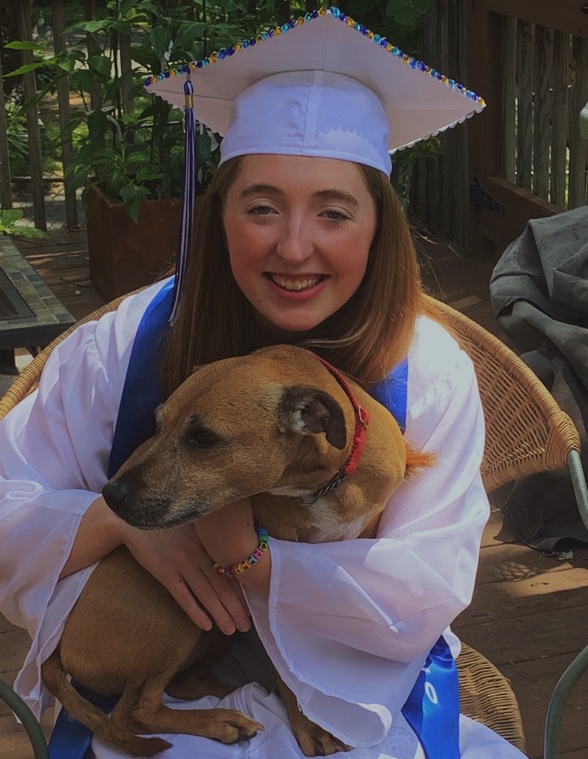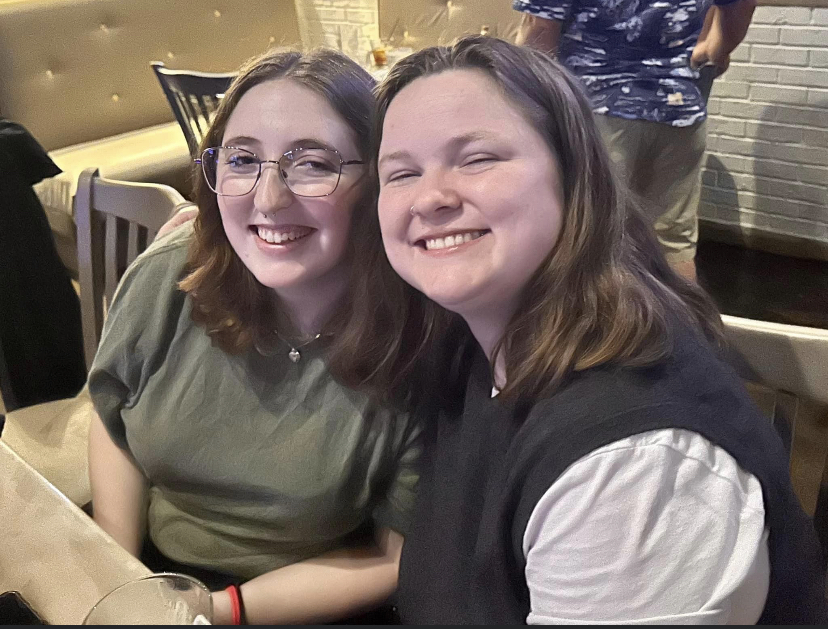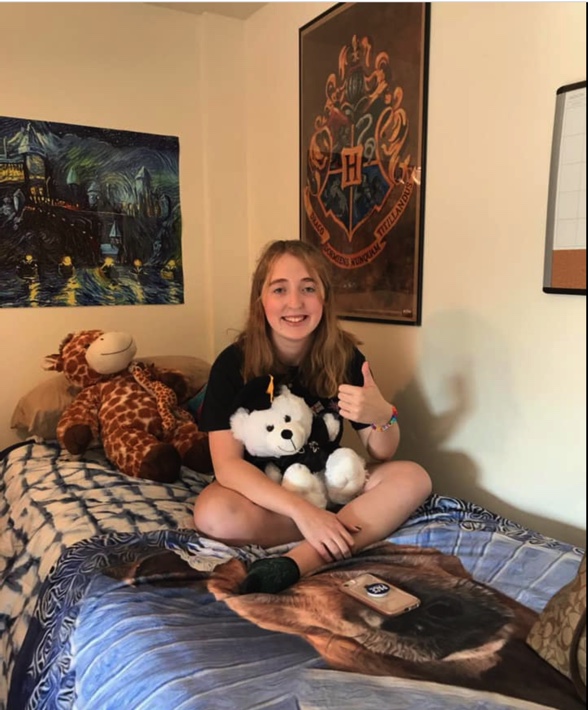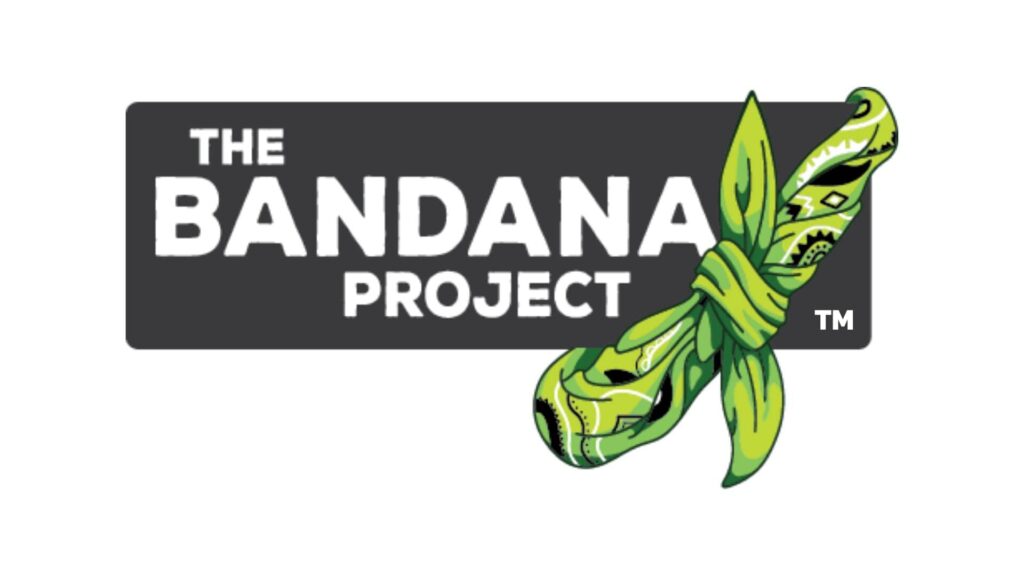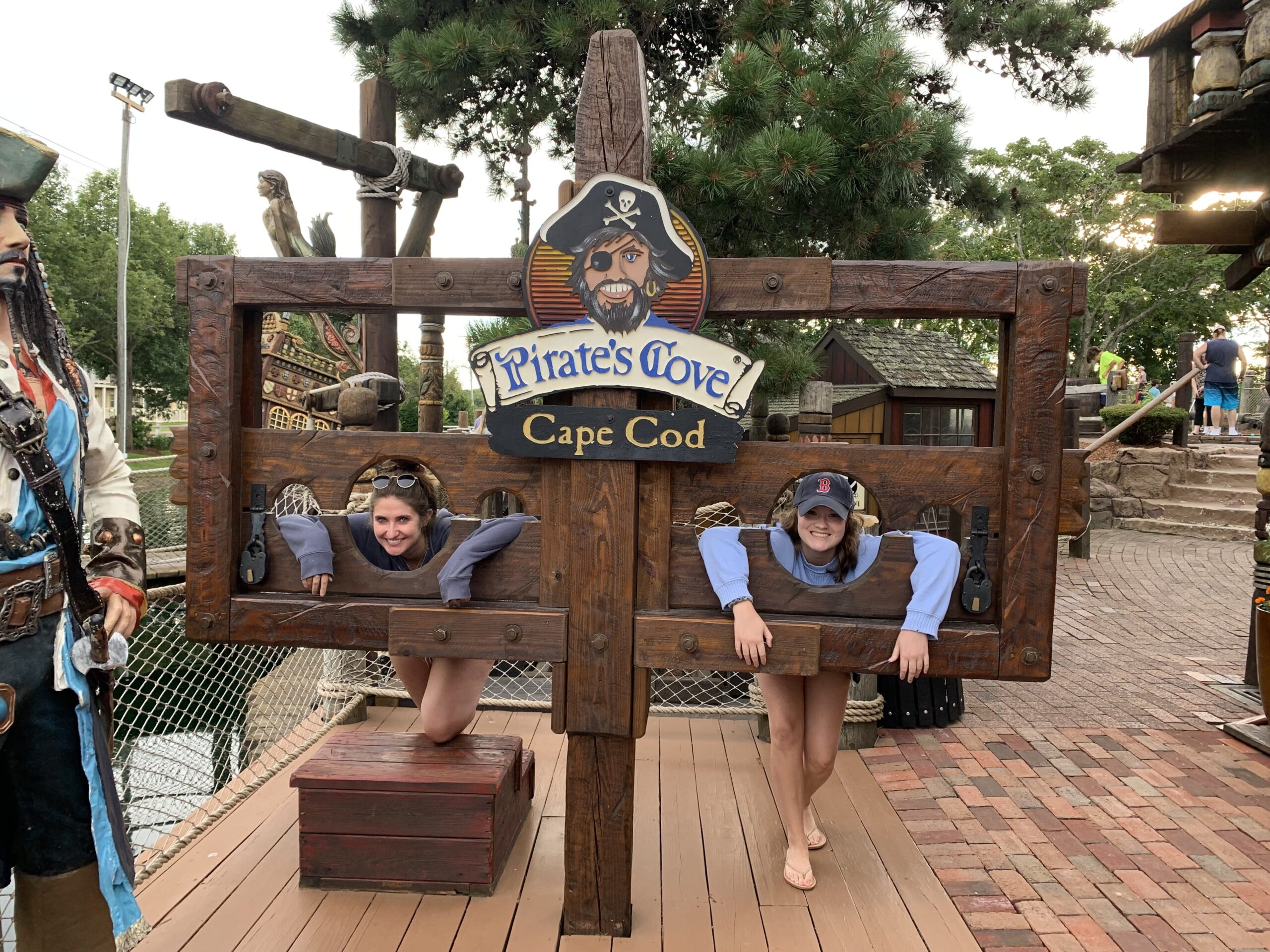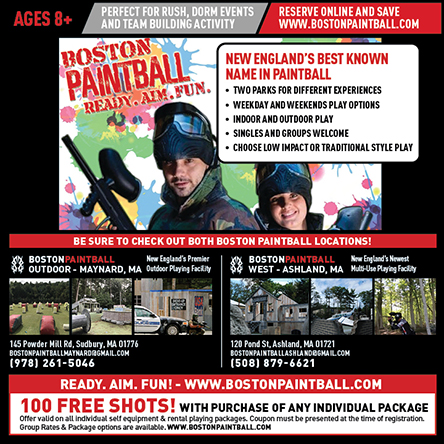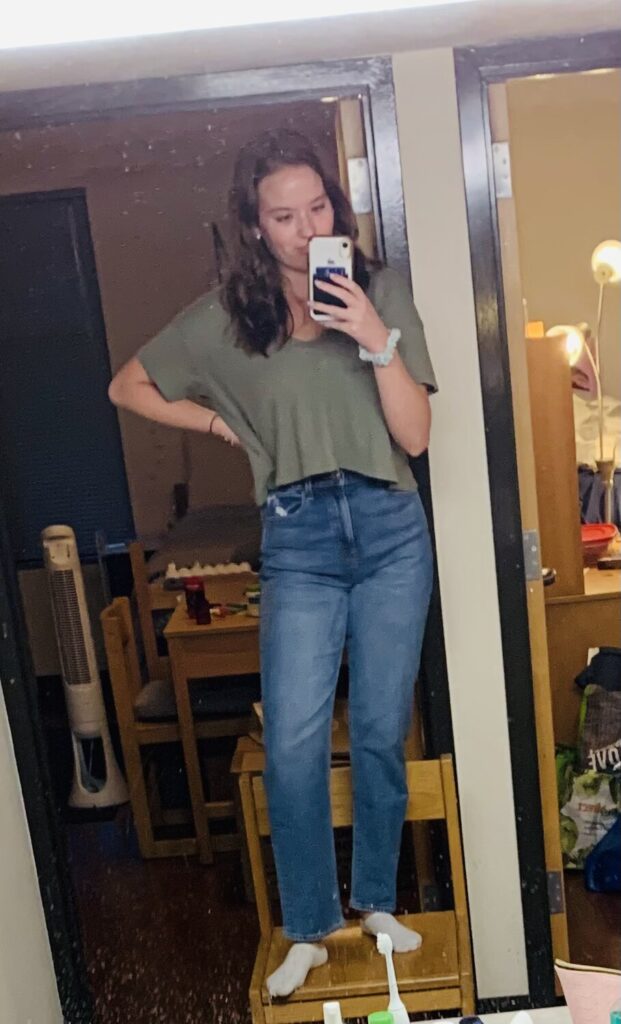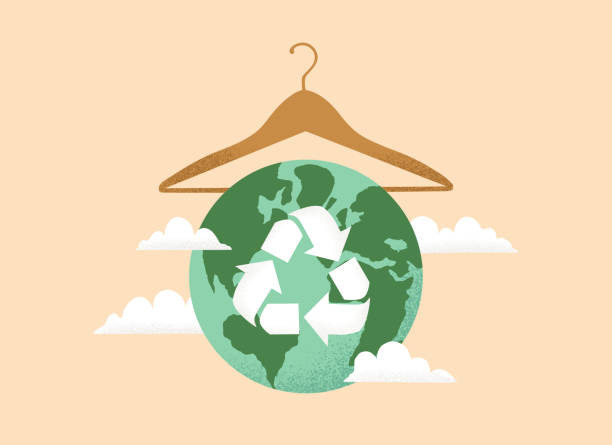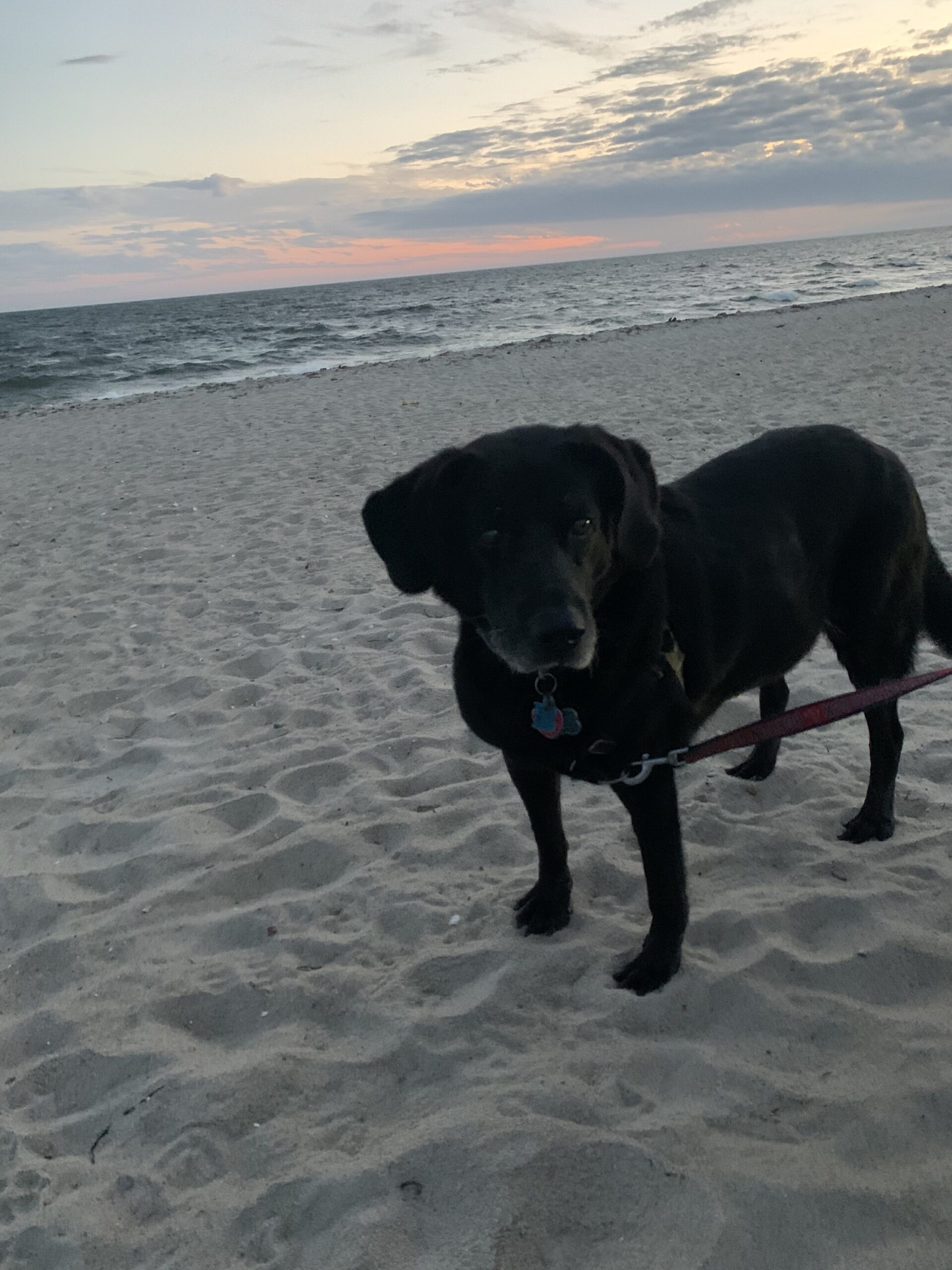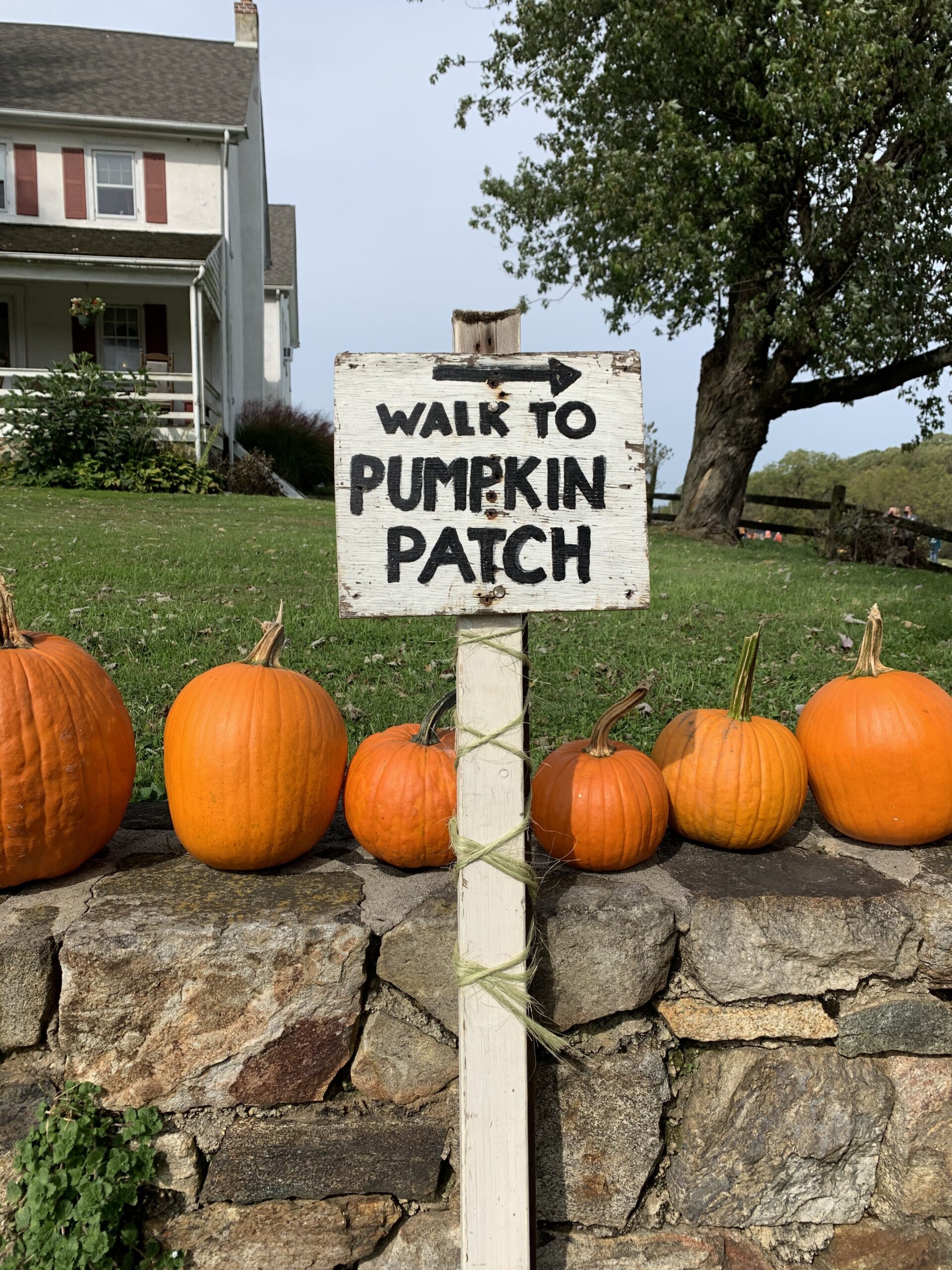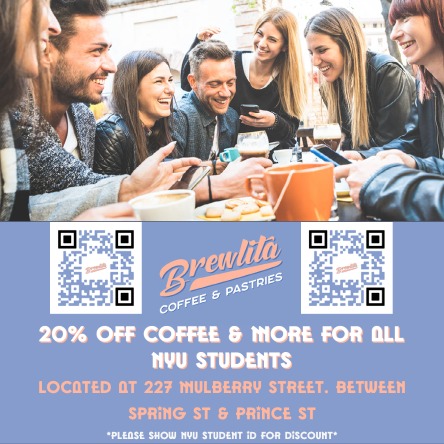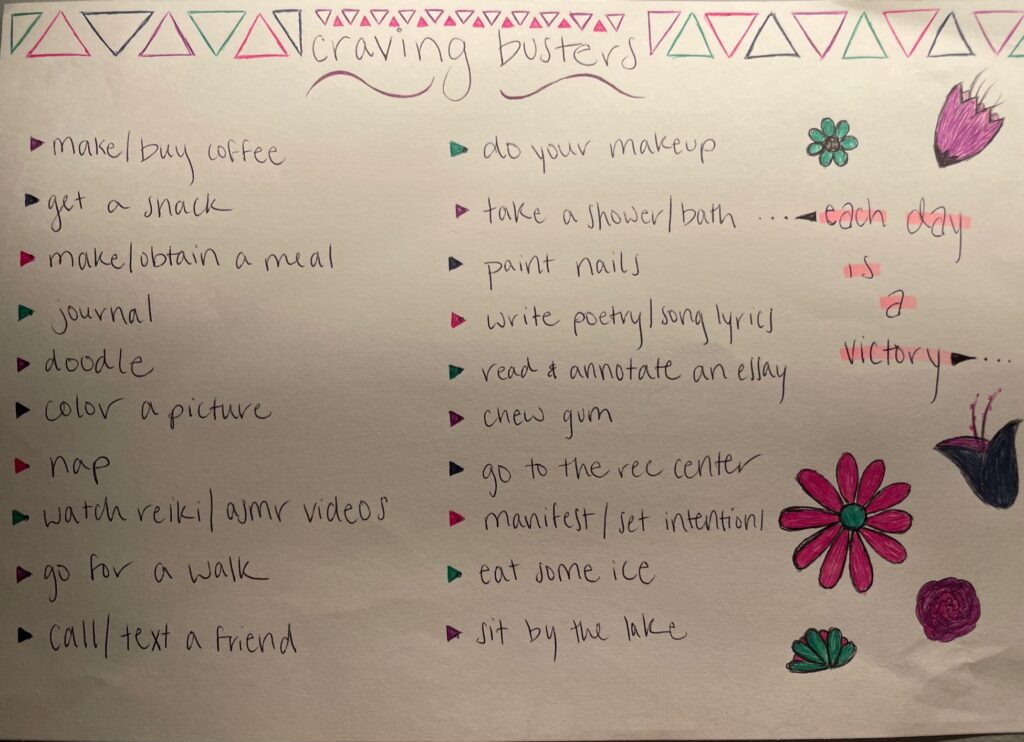Prior to arriving in Dublin, I hadn’t really processed or identified with the idea that I was going to be an international student. Coming from the United States, I recognized that studying in another country that is English-speaking and heavily influenced by American culture is probably not as intense of an experience as studying somewhere that is entirely foreign in both language and culture. However, I quickly came to realize that, even in less obviously foreign places, there are many experiences shared among all international students.
The first example, and perhaps the one that is most difficult to get used to, is the time difference between school and home. Everyone struggles at least a little with homesickness when they go to college for the first time, but there is truly nothing like an 8-hour time difference to throw you into the reality of adulthood. The first few days at school felt a little unreal, but eventually it set in that I wouldn’t be in the same time zone as the rest of my family for another 3-4 months.
Something that made the experience especially difficult for me was having a boyfriend back home. With busy schedules on both of our ends, and having spent much of the summer together, it was extremely difficult at first to transition to only calling once or twice a week and having the majority of our conversations being just words on a screen. While our communication has strengthened since we first started long-distance, it would be a lie to say it isn’t still difficult to feel such a constant disconnect between us in our periods apart.
What I can say worked best for me to ease the sadness that the distance brings was meeting and spending time with people at school who are going through the same thing. I like to think of it as a sort of universal language between all international students – the homesickness, the struggle to adapt, the stresses of learning how to succeed academically and socially all while in a near completely unfamiliar place. I have found that no matter where other international students come from, there are always things we can relate to each other about over what we have experienced in this new location.
One resource that has been especially helpful to me at Trinity College is the Global Room. The Global Room is a place where many international students can take refuge to ask questions, attend informational events, and even celebrate the holidays of their home countries. One of the first times I visited the Global Room was a Thanksgiving party (a holiday I definitely didn’t realize I’d be going without for a few years). There, I was able to meet many fellow Americans and bond over some familiar holiday foods and gratitude activities.
I’ve also learned about other cultures through a variety of Global Room events, such as an Irish trivia night and a Teru Teru Bozu-making class (Japanese rain dolls). There is something quite special about bonding with other international students over a shared lack of knowledge about the new place you’re in. Many of my first conversations with my current closest friends revolved around the unpredictable Dublin bus schedules and the expensive prices of toiletry products at Tesco. Even better, as you broaden your network of international friends, you in turn get to learn more about where they are from and what their lives are like back home.
Overall, whether you are an international student or not, I think there is much room for bonding and meeting people over the shared unfamiliarities of university. Maybe you have the same boring professor, or you’re both struggling to finish the same assignment. Instead of lingering in the difficult and frustrating parts of the college experience, you can use them as opportunities to seek out positive relationships, which will help you further down the road in navigating your path.
Summary:
- Being an international student can add further difficulties to navigating university life
- I struggled with the time difference between school and home, especially with having a boyfriend back home
- Making connections with other international students helped me feel more grounded in my new community
- The Global Room was a helpful resource to meet more international students and learn more about Irish culture
- Anyone, international student or not, can form new friendships through bonding over shared struggles
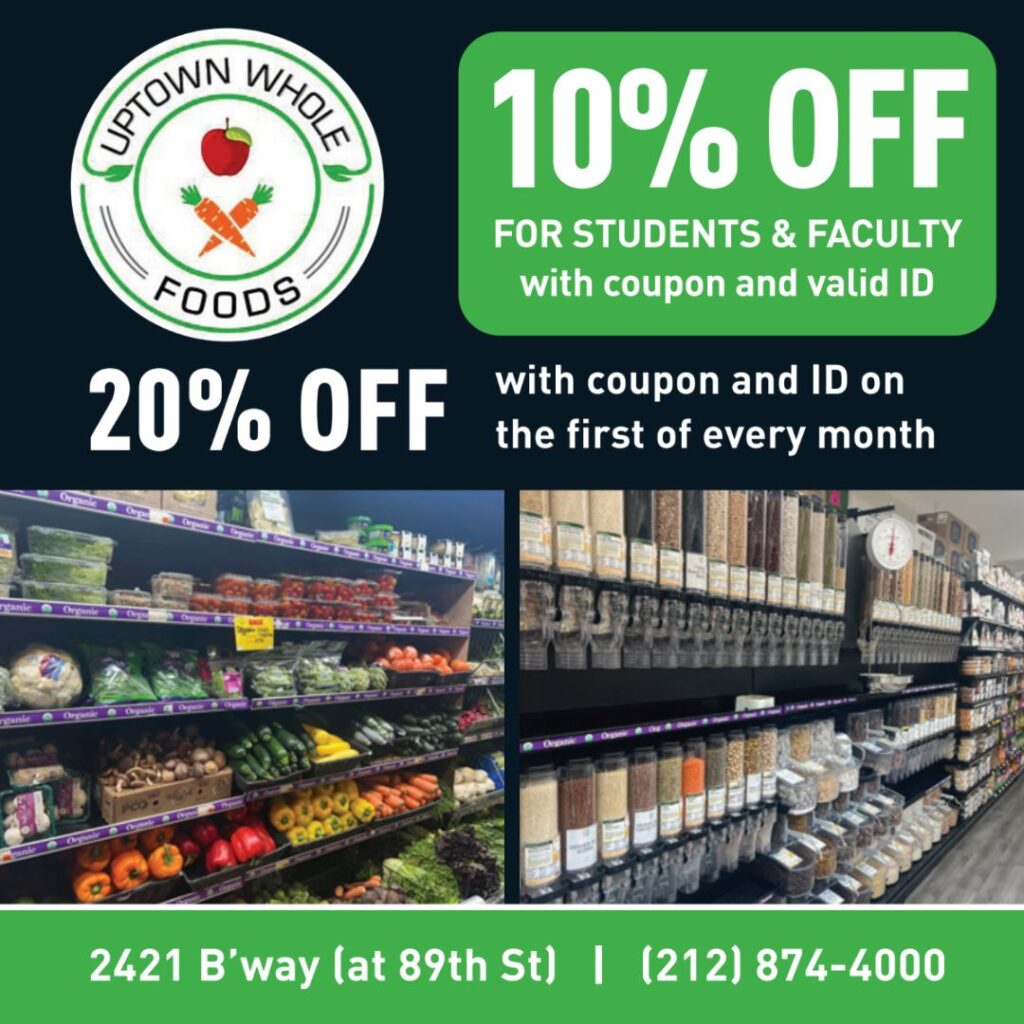
By Bella Littler
Bella is a second year film student within the Trinity College Dublin / Columbia Dual BA program. She grew up in Iowa, but is currently living and studying in Dublin. On the average day, you can find her watching obscure movies, going on aimless walks around the city, or raving about any and all Taylor Swift lyrics.
For over 20 years, the Campus Clipper has been offering awesome student discounts in NYC, from the East Side to Greenwich Village. Along with inspiration, the company offers students a special coupon booklet and the Official Student Guide, which encourages them to discover new places in the city and save money on food, clothing, and services.
At the Campus Clipper, not only do we help our interns learn new skills, make money, and create wonderful e-books, we give them a platform to teach others. Check our website for more student savings and watch our YouTube video showing off some of New York City’s finest students during the Welcome Week of 2015.


